
Patients with uterine carcinosarcoma who underwent sentinel lymph node biopsy or systemic lymph node dissection did not experience a difference in progression-free survival or overall survival.

Your AI-Trained Oncology Knowledge Connection!


Hayley Virgil is a senior editor with CancerNetwork. When she isn't traveling to conferences and championing health equity in the oncology space, she can be found hiking, foraging wild plants, gardening, sewing ballgowns, practicing embroidery, or playing video games.

Patients with uterine carcinosarcoma who underwent sentinel lymph node biopsy or systemic lymph node dissection did not experience a difference in progression-free survival or overall survival.

Tom Thomas, MD, highlights how the stigma surrounding human papillomavirus–associated head and neck cancer is being unraveled through education and the importance of vaccination as a prevention strategy.

European patients with locally advanced or early-stage triple-negative breast cancer at high risk of recurrence can now receive treatment with neoadjuvant pembrolizumab and chemotherapy, as well as pembrolizumab monotherapy post surgery following its approval by the European Commission.

Findings from the phase 3 DeFi study indicated that treatment with nirogacestat met the trial’s end points in patients with progressing desmoid tumors.

Patients with acute myeloid leukemia who are 75 years or older or ineligible for induction chemotherapy due to comorbidities can now receive treatment with ivosidenib and azacitidine.

Patients with estrogen receptor–positive, HER2-negative advanced or metastatic breast cancer may receive alternative treatment with switch maintenance endocrine therapy and bevacizumab and experience notable efficacy and improved safety vs continued weekly paclitaxel and bevacizumab.
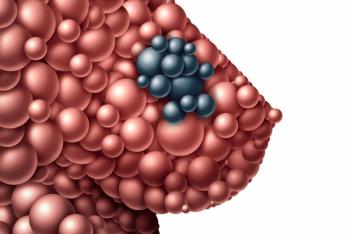
Findings from a post-hoc analysis identified disparities in Black patients with early hormone receptor–positive breast cancer that could not be explained by early discontinuation of endocrine therapy, clinicopathologic characteristics, insurance coverage, or neighborhood deprivation index.

Breast cancer mortality could be reduced by half for patients with ATM, CHEK2, and PALB2 pathogenic variants who undergo annual MRI screenings between the ages of 30 to 35 years and annual MRI screenings and mammography for those 40 or older.

Patients with untreated, IGHV-mutated and -unmutated chronic lymphocytic leukemia experienced better overall survival and progression-free survival with ibrutinib and rituximab compared with fludarabine, cyclophosphamide, and rituximab.

Final end point analysis of the GEMSTONE-301 trial confirmed that patients with stage III non–small cell lung cancer experienced significant clinical benefit and promising efficacy following consolidation therapy with sugemalimab monotherapy.
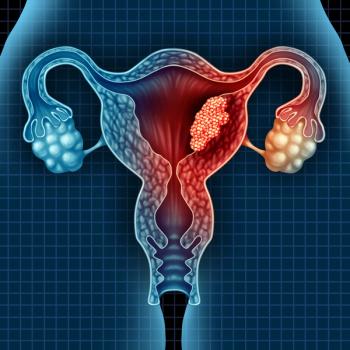
Findings from the phase 2 DOMEC trial showed that although durvalumab plus olaparib was well tolerated, it missed the study’s primary end point of progression-free survival in patients with metastatic or recurrent endometrial cancer.

Patients with untreated unresectable or metastatic urothelial carcinoma and PD-L1 expression of 1% or more who received treatment with nivolumab and ipilimumab in the first-line setting did not experience an improved overall survival vs those getting standard-of-care chemotherapy, according to a final analysis of a phase 3 trial.
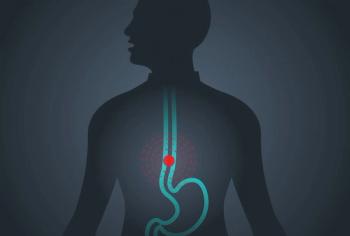
Although patients with stage I esophageal cancer who received early surgery had similar survival vs delayed surgery, those with stage II and III disease experienced improved outcomes.

Patients with treatment-naïve chronic lymphocytic leukemia with the presence of deletion 17p who received treatment with ibrutinib in the first line were more likely to have poor survival and to discontinue treatment due to progression vs those without.

Investigators believe that molecular classification could be a predictor of survival in patients with recurrent endometrial cancer.

Patients with advanced human papillomavirus 16–positive cervical cancer appear to benefit from treatment with VB10.16 and atezolizumab.
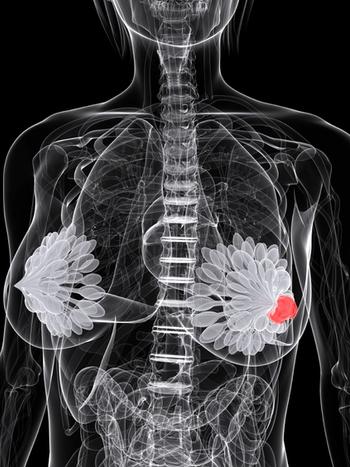
Updated findings from the phase 3 MONALESSA-3 trial identified a significant overall survival benefit among postmenopausal patients with hormone receptor–positive, HER2-negative breast cancer who were treated with ribociclib and fulvestrant vs matched placebo.

Findings from the phase 3 DESTINY-Breast03 trial have led to the FDA approval of fam-trastuzumab deruxtecan-nxki for the treatment of patients with unresectable or metastatic HER2-positive breast cancer.

Despite its use in a population with broad characteristics and high-risk features, a real-world outcome analysis demonstrated brexucabtagene autoleucel’s feasibility and efficacy in those with mantle cell lymphoma.
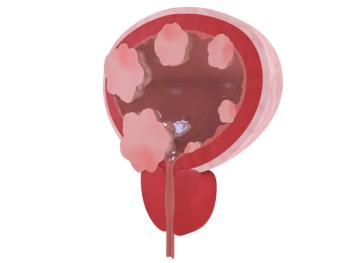
The FDA granted priority review to a supplemental new drug application for darolutamide plus docetaxel for the treatment of metastatic hormone-sensitive prostate cancer.

Plans to resubmit a biologics license application for toripalimab as treatment of advanced recurrent or metastatic nasopharyngeal carcinoma have been made for midsummer 2022 following receipt of a complete response letter from the FDA.

Patients with TP53-mutant acute myeloid leukemia experienced poor overall survival following treatment with hematopoietic stem cell transplantation, suggesting a need for more careful patient selection, further clinical trial enrollment, and personalized treatment strategies.
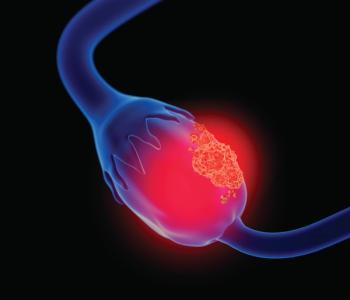
Patients with platinum-resistant ovarian cancer may benefit from treatment with ofranergene obadenovec, which received fast track designation from the FDA.
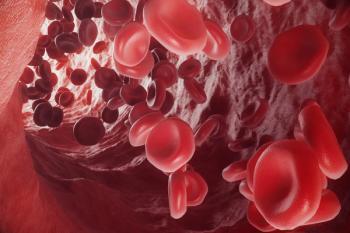
Investigators observed low enrollment of Black patients on CAR T-cell therapy clinical trials that supported FDA decisions in hematologic malignancies, especially in multiple myeloma.

Investigators reported positive topline findings from the phase 3 RATIONALE 306 trial, assessing the first-line combination of tislelizumab and chemotherapy in previously untreated unresectable, locally advanced, recurrent, or metastatic esophageal squamous cell carcinoma.

Patients with unresectable or metastatic gastric or gastroesophageal junction cancer that is relapsed/refractory following other approved therapies may benefit from treatment with single-agent CMG901, which was granted fast track designation by the FDA.

Investigators highlight key findings from an early cost analysis of phase 1/2 trials examining Burton tyrosine kinase inhibitors in patients with relapsed/refractory mantle cell lymphoma.
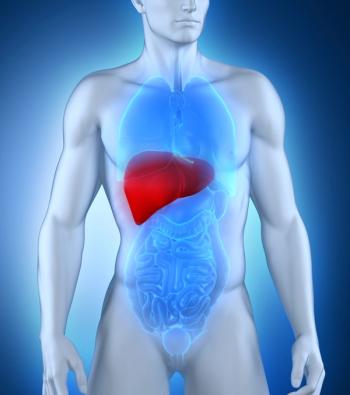
Tremelimumab’s biologics license application was accepted by the FDA and was given priority review, further supporting the use of a single priming dose of anti-CTLA4 plus durvalumab in unresectable hepatocellular carcinoma.
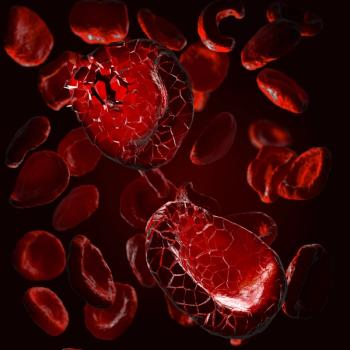
Patients with relapsed/refractory large B-cell lymphomas experienced durable responses to treatment with lisocabtagene maraleucel.
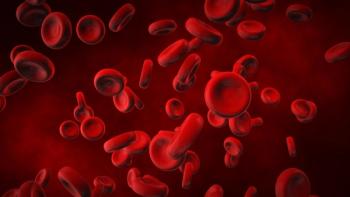
The long-term overall survival rate yielded by axicabtagene ciloleucel appeared to support 1- and 2-year event-free survival as a surrogate end point in relapsed/refractory large B-cell lymphoma.